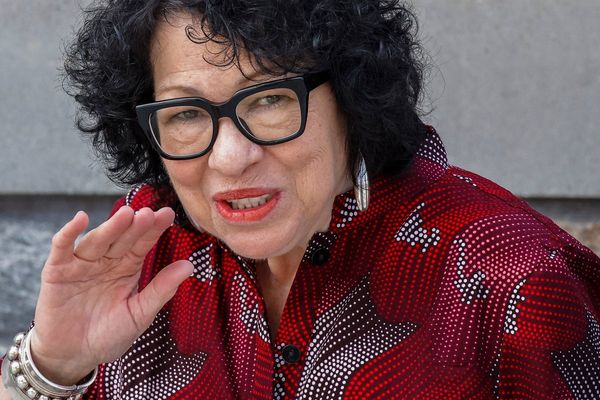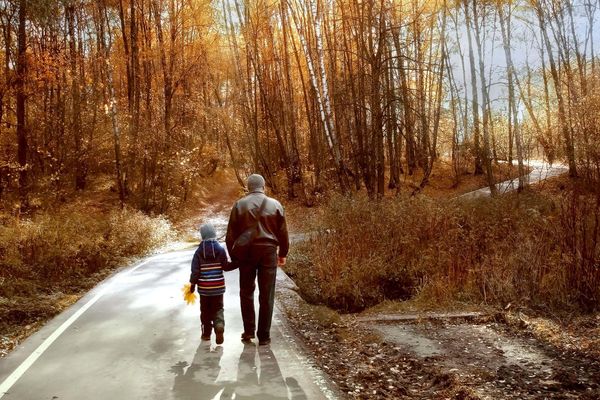
As technology evolves, lawmakers are pressed to play catch-up when it comes to important issues. One of those 21st-century problems in need of a solution is keeping adult content away from the eyes of kids. But when it comes to effective policies, several states are choosing a route that makes the average citizen really uncomfortable.
Lawmakers in states like Louisiana, Mississippi, Arkansas, Utah, and Virginia have made moves to block adult entertainment platforms, requiring the upload of a photo ID in order to access them (which reasonably sounds like a personal data nightmare). People are not pleased -- Virginia Sen. Bill Stanley recently said that he was surprised to receive threats over the issue.
DON'T MISS: Elon Musk Owes Ex-Twitter Employees $500 Million
“It’s like, dude, why am I getting threats?” Stanley said. “Because you now have to put in your name and address or an ID to access the internet, bro? I mean, seriously. Your porn — it’s that important to you?”
Threats are, of course, never an acceptable means of expressing an opinion. But the law has stirred up anger from state residents -- as well as the multimillion-dollar adult entertainment industry. Laws are being challenged by the Free Speech Coalition, an organization that advocates for the protection of adult material under the First Amendment.
More Diversity, Equity, & Inclusion:
- The Bud Light Controversy and Its Impacts Explained
- How Online Payments Services Like PayPal and Venmo Are ‘Gentrifying the Internet’
- So You Work With Someone Who Uses They/Them Pronouns — How to Do It Right
“It’s unconstitutional,” Free Speech Coalition spokesman Mike Stabile said. “This is legal speech [...] I think that everybody should be concerned about the government coming in and saying certain legal speech is subjected to greater restriction[...]"
Moreover, there's evidence that these kinds of restrictions may not actually work. As adult film star Cherie DeVille explains, "VPNs [short for Virtual Private Networks] allow users to change the location of their IP address," she says. "Anyone with a teenage relative knows kids use them. Teens can evade[...] ID requirements in seconds."
And according to Google Trends, that's exactly what people are doing. Virginia is now the top state searching for VPNs -- technology that definitely doesn't require age verification.
According to Stabile, if the porn industry was included in the legislation process, more effective laws could be made that would better keep kids away from adult content.
“If you want to protect children, let’s talk about it," he says. "We [in the adult industry] know what’s effective and what’s not effective, and the fact that we were left outside of these discussions signals that this is less about protecting kids, and it’s more about punishing a certain community.”
Sign up for Real Money Pro to learn the ins and outs of the trading floor from Doug Kass’s Daily Diary.







